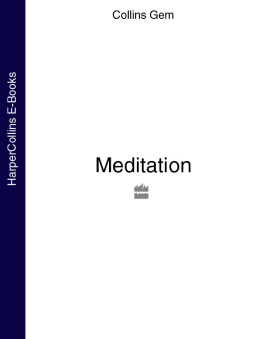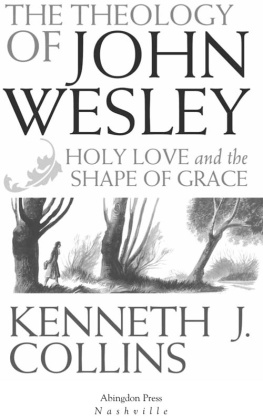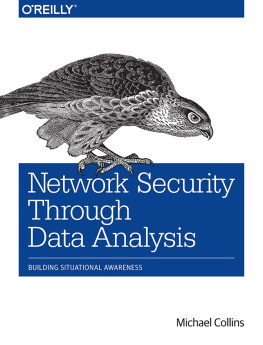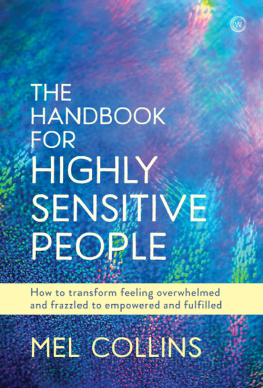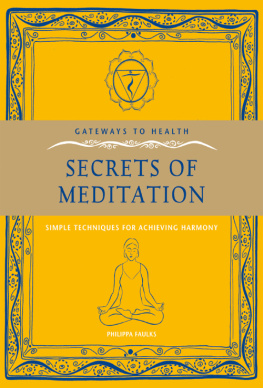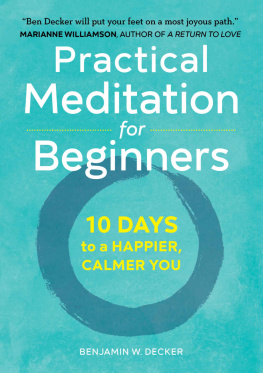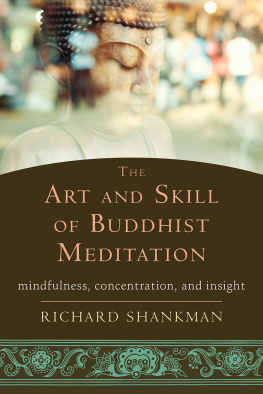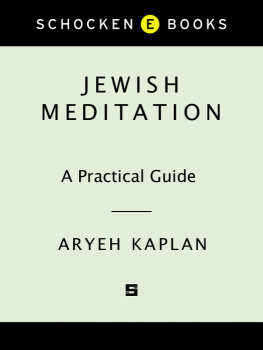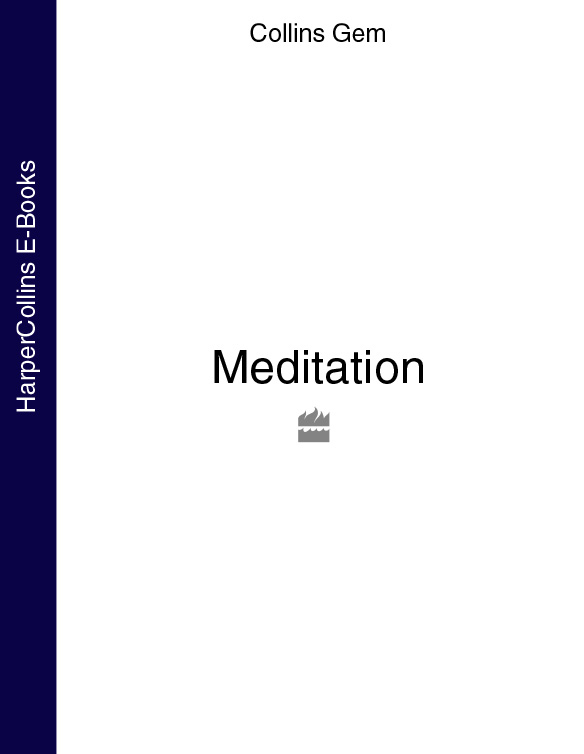HarperCollins Publishers
7785 Fulham Palace Road
London, W6 8JB, UK
www.harpercollins.co.uk
First published in 2002 by Collins
This edition published 2004
Devised and created by The Printers Devil, Glasgow
The Printers Devil 2002
Photocredits
Anville pp 13, 33, 35, 58, 65, 109, 126
Photodisk pp 17, 18, 20, 35, 38, 40, 44, 48, 63, 65, 81, 86, 87, 89, 106, 107, 108, 109, 113, 119, 123, 126, 128, 130, 131, 132, 136, 137, 138, 140, 1411, 144, 148, 156, 162, 164, 181, 188
NASA p 186
All rights reserved under International and Pan-American Copyright Conventions. By payment of the required fees, you have been granted the nonexclusive, nontransferable right to access and read the text of this e-book on-screen. No part of this text may be reproduced, transmitted, downloaded, decompiled, reverse-engineered, or stored in or introduced into any information storage and retrieval system, in any form or by any means, whether electronic or mechanical, now known or hereinafter invented, without the express written permission of HarperCollins e-books. Collins Gem is a registered trademark of HarperCollinsPublishers Limited
Source ISBN 9780007288595
Ebook Edition NOVEMBER 2013 ISBN: 9780007556717
Version: 2013-11-29
HarperCollinsPublishers has made every reasonable effort to ensure that any picture content and written content in this ebook has been included or removed in accordance with the contractual and technological constraints in operation at the time of publication.
The exercises in this book are intended for relaxation and increasing self-awareness. However, if you have recently experienced mental or emotional problems or are taking medication you should seek professional medical advice before practising meditation on your own. The author and publisher accept no responsibility for any harm caused by or to anyone as a result of the misuse of these exercises.
Those new to meditation should be reassured that there is no need to feel anxious for any reason. You are not going anywhere, other than inward for greater self-awareness and peace of mind. During this journey you are always in control. You are not dabbling in the occult, or communicating with spirits. The only spirit you are communicating with is your own Higher Self, which is the loving, compassionate, all-knowing source and centre of your being.

The gift of learning to meditate is the greatest gift you can give yourself in this life.
Sogyal Rinpoche
The standard definition of meditation as an act of reflection and contemplation is inadequate to convey the serenity and sense of detachment that can be experienced when the body is relaxed, the restless mind is at peace and one enjoys a blissful state of being which the Buddhists describe as being in the world but not of it.
But meditation is not merely a method for achieving peace of mind and deep relaxation. When practised regularly for as little as ten minutes a day it can have a profound and positive effect on our mental, emotional and physical health.
I have been practising, teaching and writing about meditation for more than twenty years and have seen how it has quietly transformed and enriched the lives of my students in many ways. Some took up meditation in the hope of alleviating stress and associated sleep disorders, others sought relief from minor ailments such as migraines, while a few had a vague notion that it might help to bring meaning to their lives. All of them benefitted in some practical way after only a few weeks of attending my classes. But they soon discovered that once meditation became a small but significant part of their daily routine they began to benefit in more subtle ways from what might be called the positive side effects of meditation; increased concentration, clarity of thought, a clearer sense of purpose, greater self-awareness and a sustained sense of well-being.
To experience its direct mental, physical and emotional health benefits
To learn how to relax
To relieve stress
To improve concentration
To achieve greater self-awareness
To gain a clearer sense of purpose
To enjoy a sustained sense of well-being
To foster a more positive attitude to life

Meditation need not involve esoteric or exotic trappings
Contrary to popular belief meditation is not the exclusive preserve of religious ascetics or those who are spiritually advanced. Neither is it necessary for practitioners to subscribe to a particular belief system. Meditation is often associated with the philosophies of the east and in particular Buddhism because these traditions have developed it as a spiritual discipline, but it is merely a state of mind, a natural way to tap the limitless potential of our Higher Self or True Nature and explore the inner life of the unconscious.
This book has been written as an introduction for those who are new to meditation and who may be wary of such abstract ideas as letting go, looking inward and emptying the mind as practitioners are often urged to do. My aim has been to demystify the practice, to strip it of its more exotic trappings, which can be off putting for westerners, and to offer safe and simple techniques for deep relaxation, stress relief, increased self-awareness and ultimately, a glimpse of the greater reality that exists beyond our physical senses.
The development of biofeedback, an increasingly popular medical technique in which patients mimic meditation techniques for pain and stress relief, stems from the discovery in the 1970s that meditation can be used to control the involuntary physiological functions such as the heart rate and body temperature.
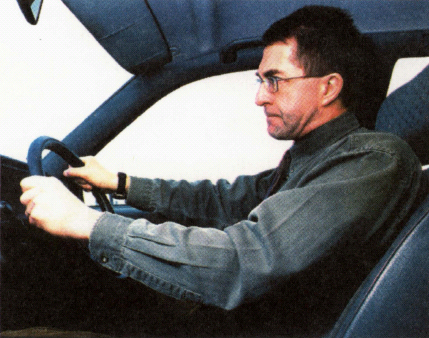
Everyday stresses can trigger psychosomatic disorders
It is generally accepted now by those practising an holistic approach to health, that when we are under stress or are worried we can unconsciously manifest symptoms such as eczema, migraines and muscle aches which in some cases may be psychosomatic in origin. These types of conditions are difficult to cure with conventional medicines. In such cases, meditation can often restore the natural balance of chemicals in the body, revitalise the functions of the vital organs and strengthen the immune system by addressing the source of this dis-ease in our psyche, rather than simply fighting the physical symptoms.
There is a wealth of clinical evidence to support the claims that meditation can reduce high blood pressure, improve circulation, control pain and reduce muscular tension. Even the most basic breath-control exercises have been found to be beneficial in alleviating minor ailments such as anxiety attacks and sinus problems, as well as asthma and cardiac arrhythmias by improving the circulation of oxygen through constricted passages. As a result of these findings an increasing number of General Practitioners are now encouraging patients with stress-related ailments, addiction and even terminal illnesses to take up meditation as a complement to conventional treatment.

